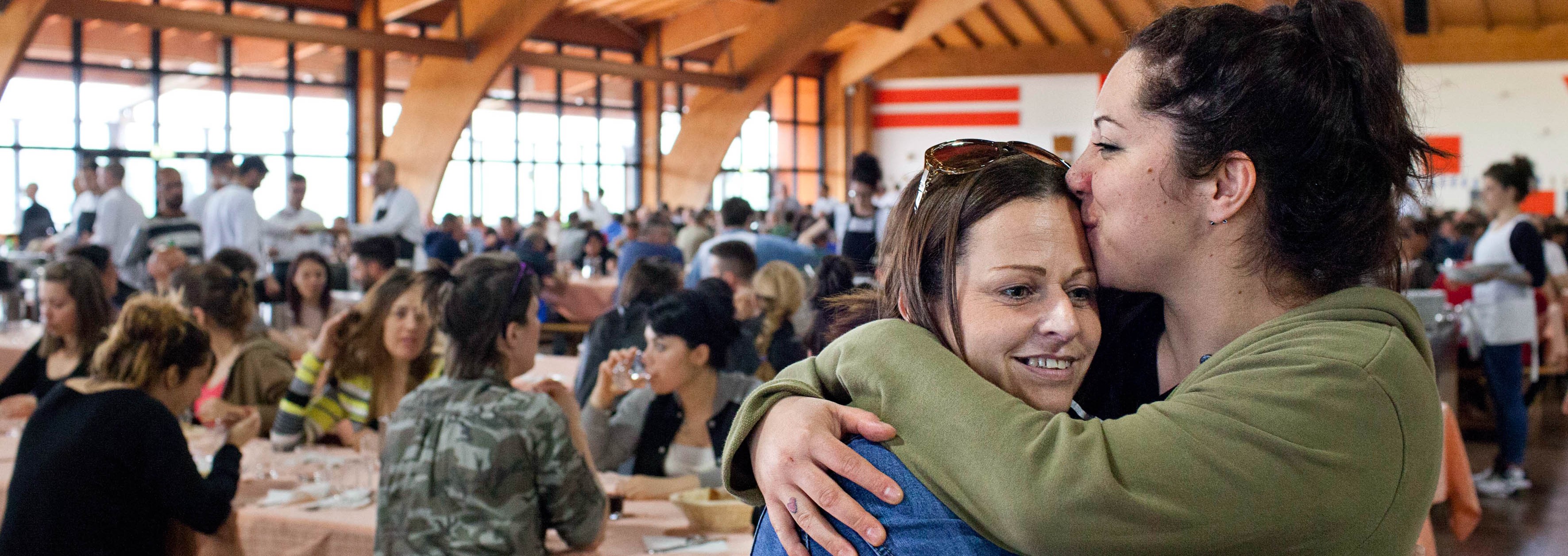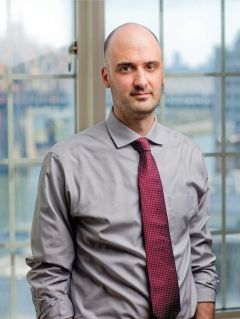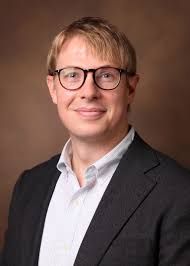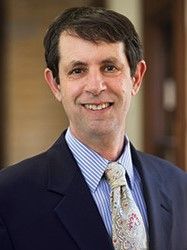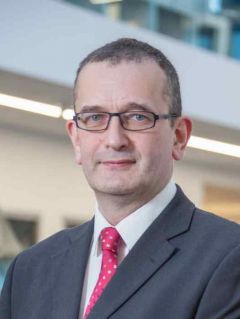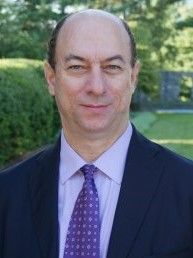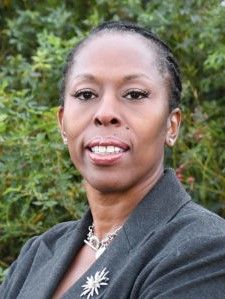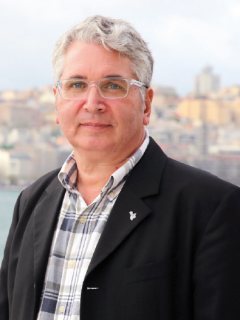Introductory Remarks
Introduction from Leitizia Moratti
Leitizia Moratti
Co-founder, Foundation of San Patrignano
Leitizia Moratti is the co-founder of the Foundation of San Patrignano, prior mayor of Milan, business leader, and pioneer in addiction work. She discusses the overview of the seminar, which will address the treatments of opioid use disorder and to highlight the work of the therapeutic community. She shares thoughts on how addition treatment is being carried out around the world.
Watch Now
Stigma of Substance Use Disorder
Jonathan Avery, MD
Director of Addiction Psychiatry, NewYork-Presbyterian, Weill Cornell Medicine
One of the largest barriers to addiction treatment is stigma. The impact of negative attitudes is significant, preventing from individuals from seeking care, destroying families, and creating a society that punishes people. His research and clinical goals are in understanding stigma better and discovering interventions to improve it. Dr. Avery is the Director of the Substance Use and Stigma of Addiction Program and associate professor of psychiatry at Weill Cornell Medical College.
Watch Now
Background on Opioid Use Disorder
Opioid Epidemic in the United States
Lipi Roy, MD, MPH, FASAM
Clinical Assistant Professor, Department of Population Health, New York University
Opioid use disorder – how did we get here and how can we get out? Dr. Lipi Roy discusses the landscape of the disorder within the United States, beginning with the criminal activity by pharmaceutical companies and lack of training in addiction medicine in medical education. Dr. Roy MD MPH is an internal medicine and addiction medicine physician in New York City.
Watch Now
Neurobiological Understandings of Opioid Use Disorder
Kristopher Kast, MD
Assistant Professor of Psychiatry, Vanderbilt School of Medicine
The neurobiology of opioid use disorder is discussed by Kristopher Kast MD, beginning with epidemiology, genetic and environmental risk, 3-part syndrome for opioid disorder syndrome, neuroanatomy and neurotransmitters, and what recovery looks like from biological perspective. Dr. Kast is an assistant professor of psychiatry at Vanderbilt School of Medicine.
Watch Now
Treatment of Opioid Use Disorder
Roger Weiss, MD
Director of Alcohol, Drug, and Addiction Clinical Research Program at McLean Hospital
Professor of Psychiatry at Harvard Medical School
Common questions about opioid use disorder are discussed by Roger Weiss MD. He addresses the effectiveness of of pharmacological treatments, how different medications compare with one another, and efficacy of behavioral interventions. Dr. Weiss is the Director of Alcohol, Drug, and Addiction Clinical Research Program at McLean Hospital and professor of psychiatry at Harvard Medical School.
Watch Now
Recovery in Opioid Use Disorder
David Best, PhD
Professor of Criminology, University of Derby (England)
Honorary Professor, School of Global Government in Australian National University
One of the most important factors in recovery is how individuals identify, access, and build their unique strengths. David Best discusses the miracle of how recovery happens in alcohol use disorder and opioid use disorder. He is a professor of criminology in University of Derby (England) and honorary professor in school of global government in Australian National University.
Watch Now
Role of Therapeutic Communities
Role of Therapeutic Communities
Carlos Blanco, MD PhD MS
Director of Division of Epidemiology, Services, and Prevention Research, National Institute on Drug Abuse at the NIH
Social restorative approaches to recovery have been one of the greatest in the scope of one’s rehabilitation. Carlos Blanco discusses the environmental factors that perpetuate substance use disorders and the role that community interventions have on the landscape of effective treatments. He is the Director of Division of Epidemiology, Services, and Prevention Research at the National Institute on Drug Abuse at the NIH.
Watch Now
Non-Pharmacological Treatment Approaches at San Patrignano
Antonio Boschini MD
Chief Medical Officer at San Patrignano
Key elements of the therapeutic path and organization of San Patrignano are presented in this video. Dr. Boschini discusses how we should not think of the neurobiology of addiction as fate, but rather as a neural learning process, and that recovery can take place using those same mechanisms. Having lived and worked at San Pa since 1980, Dr. Boschini currently oversees their therapeutic program, as well as the activities of their social committee. He further specializes in infectious disease.
Non-Pharmacological Treatment Approaches at San Patrignano
Phoenix House
Ann-Marie Foster, MPA FACHE
President and CEO, Phoenix House
As a leader in therapeutic communities within the United States, Phoneix House aims to address three main elements – stabilization, rehabilitation, and reintegration, particularly with an emphasis on peer recovery. Ann-Marie Foster discusses the history, as well as current residential and outpatient programs at the organization. Foster is a leader in the field of therapeutic communities and healthcare, as well as the president and CEO of Phoenix House.
Watch Now
KETHEA
Phaedon Kaloterakis
Assistant Director, KETHEA
Why are therapeutic communities relevant today? Founded in 1983, KETHEA is the largest rehabilitation and social reintegration network in Greece. Phaedon Kaloterakis discusses the importance of continuum of care and how their substance use recovery model exists emphasizes the need for strong networks that focus on prevention, harm reduction, and social reintegration. Kaloterakis is the assistant director at KETHEA.
Watch Now
A History of San Patrignano
Letizia Moratti
Co-Founder of the San Patrignano Foundation
Located on the rolling hills in Central Italy, San Patrignano is known as one of the most successful drug rehabilitation programs in the world. Using a free-of-charge treatment model, its focus is on social cohesion and reintegration society. Over 30,000 individuals have been treated since its founding of 1978. Letizia Moratti discusses the history, founding principles, philosophy, and current climate of San Patrignano. Moratti is the co-founder of Foundation of San Partigiano, businesswoman, and former mayor of Milan.
Watch Now
San Patrignano: Follow up Studies
Gabriele Manella, PhD
Associate Professor, Department of Sociology and Business Law, University of Bologna
Dr. Manella discusses three outcome studies, with the most recent spanning from 2013-2018, are discussed. He focuses on group cooperation as a means to recover personal dignity and have a successful experience within their recovery in the program. Manella works at the University of Bologna.


